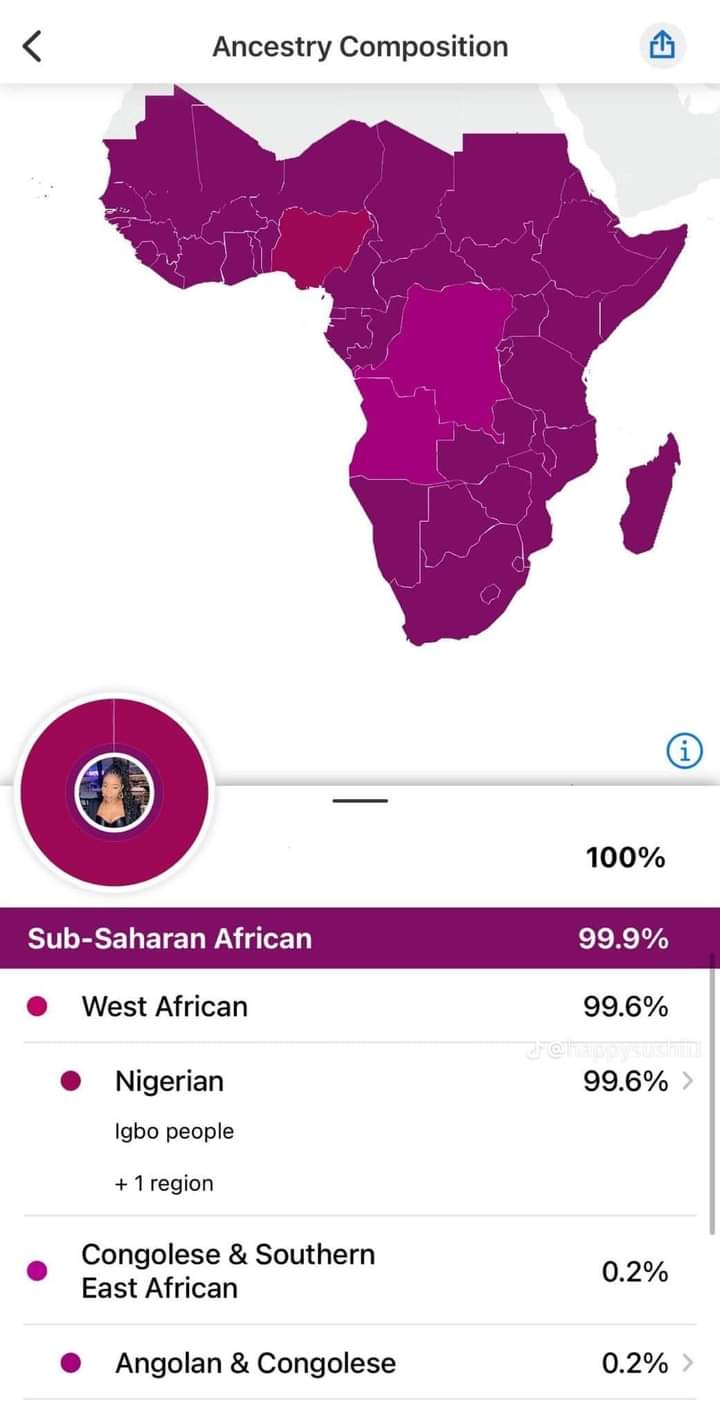Report Alleges Fund Breaches In Key Government Agencies

Tunde Bakare
There is a report of alleged irregularities in funds deployment by some Government Agencies in a report by the the Auditor General of the Federation.
The report alleged irregular payments for contracts totalling over N197.72bn across various Ministries, Departments and Agencies (MDAs), raising serious concerns about systemic lapses in financial compliance and procurement processes.
The findings, which are detailed in the Auditor-General’s Annual Report on Non-Compliance and Internal Control Weaknesses, cover activities between 2020 and 2021.
They reveal violations of established financial regulations and procurement laws, with irregularities affecting multiple MDAs.
The report was released to assist stakeholders, including the Public Accounts Committees of the National Assembly, in addressing these lapses and recovering the lost funds.
One of the key findings in the report revealed irregularities in the award of contracts totalling N7.39bn.
The breaches occurred in 32 MDAs and contravened Paragraph 2921(i) of the Financial Regulations (2009), which mandates open competitive bidding for all procurement processes.
The Rural Electrification Agency in Abuja recorded the highest irregularity in this category, amounting to N2.12bn, while the Nigerian Security Printing and Minting Company Plc had the least irregularity, at N11.72m.
The audit report read, “The sum of N7,386,551,051.09 (seven billion, three hundred and eighty-six million, five hundred and fifty-one thousand, fifty-one naira, nine kobo) was the amount of irregularities in the award of contracts by 32 Ministries, Departments and Agencies.
“The Rural Electrification Agency, Abuja, has the highest amount of N2,117,143,168.09 (two billion, one hundred and seventeen million, one hundred and three thousand, one hundred and sixty-eight naira, nine kobo), while the Nigerian Security Printing and Minting Company Plc (NSPM) has the least amount of N11,720,000 (Eleven million, seven hundred and twenty thousand naira).”
Another alarming revelation in the report was the sum of N167.59bn paid for jobs or contracts that were either partially executed or not executed at all.
This contravenes Paragraph 708 of the Financial Regulations, which prohibits payments for services or goods not yet delivered.
The Nigerian Bulk Electricity Trading Plc, in Abuja accounted for N100bn of these irregular payments, making it the highest in this category.
The National Centre for Women Development recorded the lowest irregularity at N2.17m.
The report read, “The sum of N167,592,177,559.40 (one hundred and sixty-seven billion, five hundred and ninety-two million, one hundred and seventy-seven thousand, five hundred and fifty-nine naira, forty kobo) was the amount of payments for jobs/contracts not executed by 31 Ministries, Departments and Agencies.
“The Nigerian Bulk Electricity Trading Plc., Abuja, has the highest amount of N100,000,000,000.00 (one hundred billion naira), while the National Centre for Women Development has the least amount of N2,171,766.44 (two million, one hundred and seventy-one thousand, seven hundred and sixty-six naira, forty-four kobo).”
The report also uncovered violations of due process in contract awards amounting to N20.33bn across 24 MDAs.
Section 16(21) of the Public Procurement Act (PPA) 2007 requires strict adherence to procurement plans and mandatory approvals before contract awards.
However, the audit found that these requirements were often ignored.
The NSPM in Abuja was responsible for the highest amount of due process violations, totalling N14.14bn, while the Corporate Affairs Commission had the least, at N8.98m.
The report noted, “The sum of N20,334,104,016.27 (twenty billion, three hundred and thirty-four million, one hundred and four thousand, sixteen naira, twenty-seven kobo) was the amount of contracts awarded in violation of due process by 24 ministries, departments and agencies.
“The Nigerian Security Printing and Minting Company Plc Abuja, has the highest amount of N14,136,472,333.16 (fourteen billion, one hundred and thirty-six million, four hundred and seventy-two thousand, three hundred and thirty-three naira, sixteen kobo) while the Corporate Affairs Commission has the least amount of N8,980,603.72 (eight million, nine hundred and eighty thousand, six hundred and three naira, seventy-two kobo).”
Also, a total of N2.41bn was discovered to have been paid for contracts exceeding approved financial thresholds without obtaining the required “Certificate of No Objection” from the Bureau of Public Procurement.
This violation affected five MDAs, with the Ahmadu Bello University Teaching Hospital, Zaria, recording the highest amount at N1.06bn.
The Federal Medical Centre, Bida, recorded the least amount, at N9.9m.
The report read, “The sum of N2,407,710,913.92 (two billion, four hundred and seven million, seven hundred and ten thousand, nine hundred and thirteen naira, ninety-two kobo) was the amount of contracts awarded above the threshold by five Ministries, Departments and Agencies.
“The Ahmadu Bello University Teaching Hospital, Zaria has the highest amount of N1,065,614,232.70 (one billion, sixty-five million, six hundred and fourteen thousand, two hundred and thirty-two naira, seventy kobo) while the Federal Medical Centre, Bida, has the least amount of N9,900,000.00 (nine million, nine hundred thousand naira).”
This report categorised these issues as “cross-cutting”, meaning they were systemic and occurred in at least four MDAs.
It criticised the weak internal controls within the MDAs and highlighted the need for stricter enforcement of financial regulations.
The Public Accounts Committees of the National Assembly have been notified of the findings, with recommendations to ensure accountability and prevent recurrence.
The revelations have sparked concerns about the government’s ability to manage public funds efficiently, particularly at a time when Nigeria is grappling with economic challenges such as inflation and rising debt.
The audit findings highlight the urgent need for reforms to restore public confidence in the country’s financial management system





